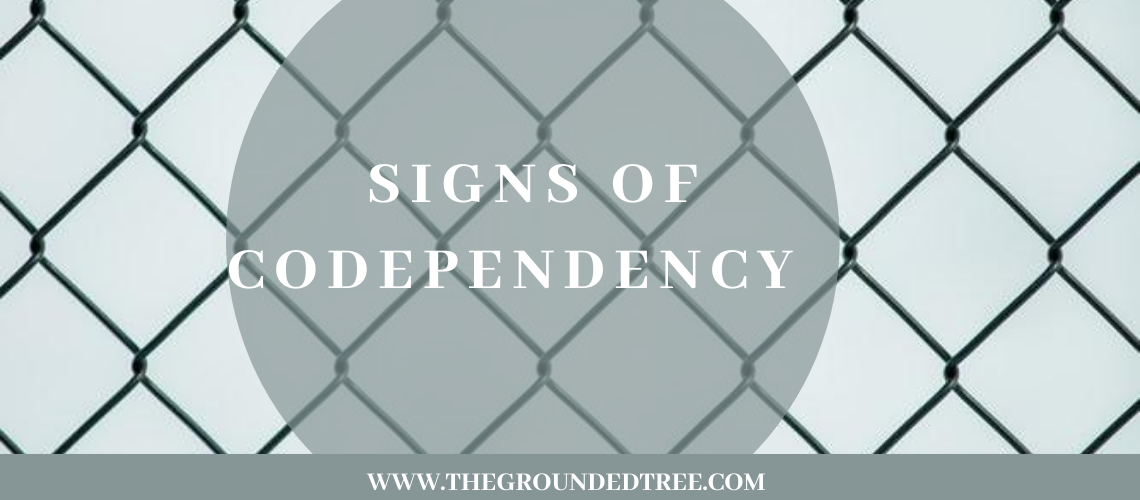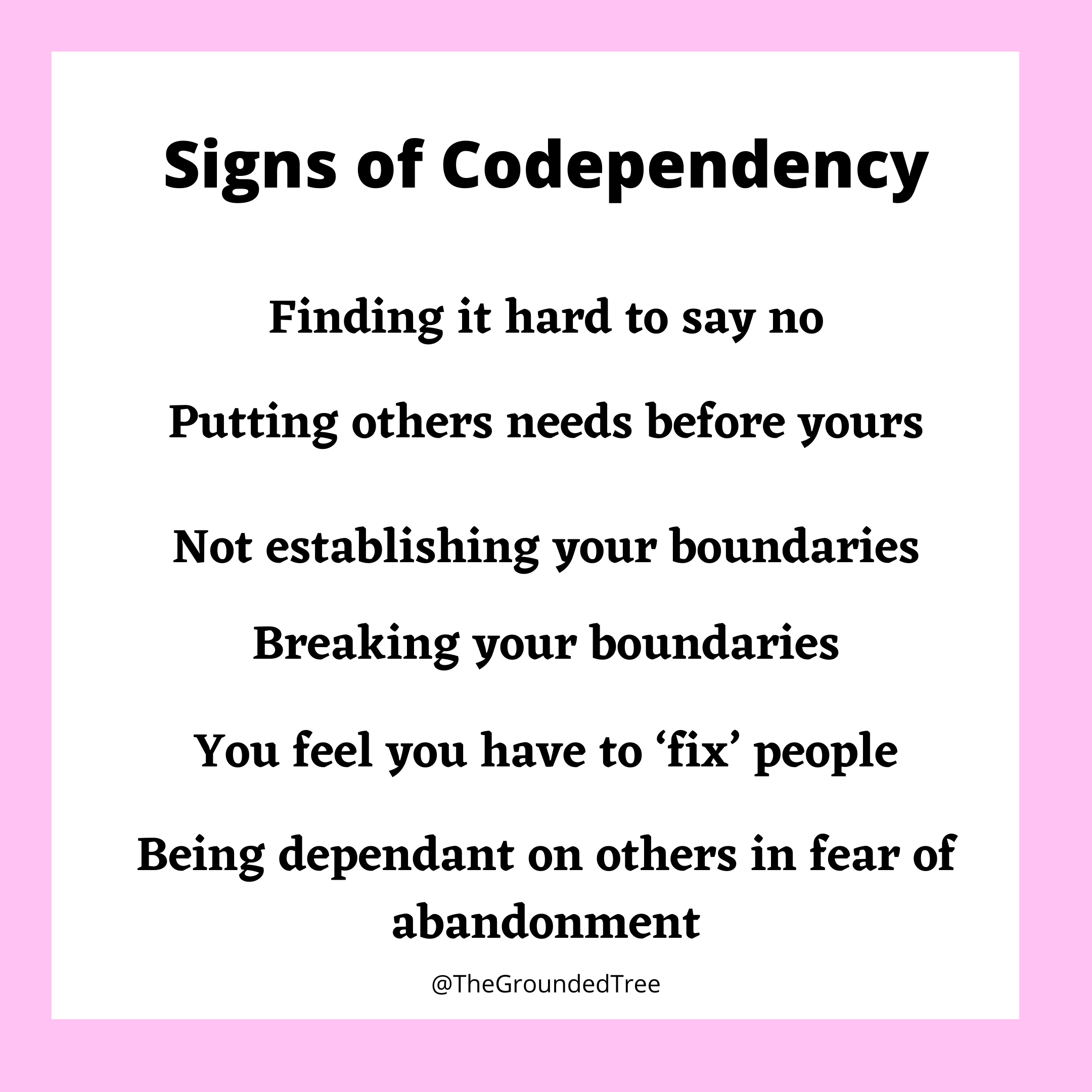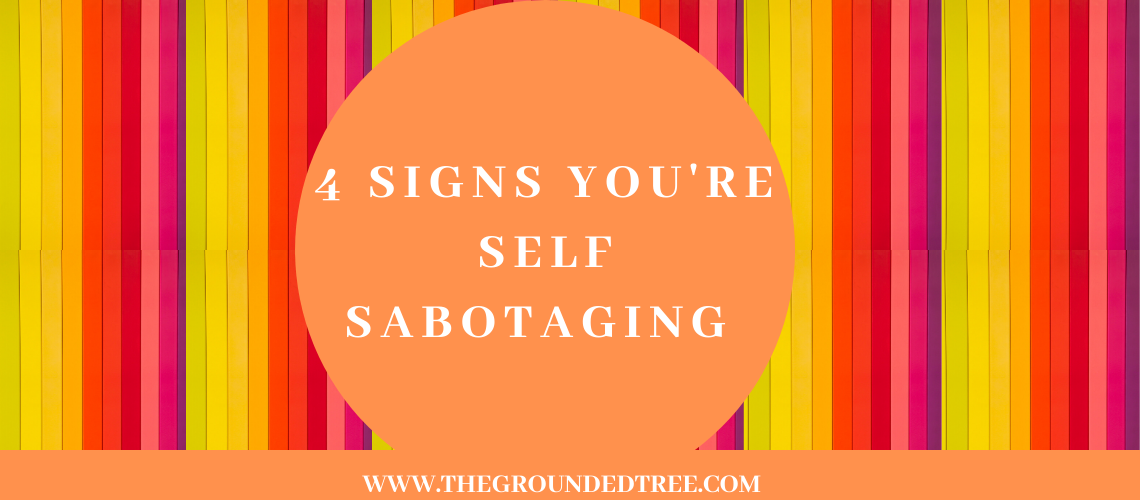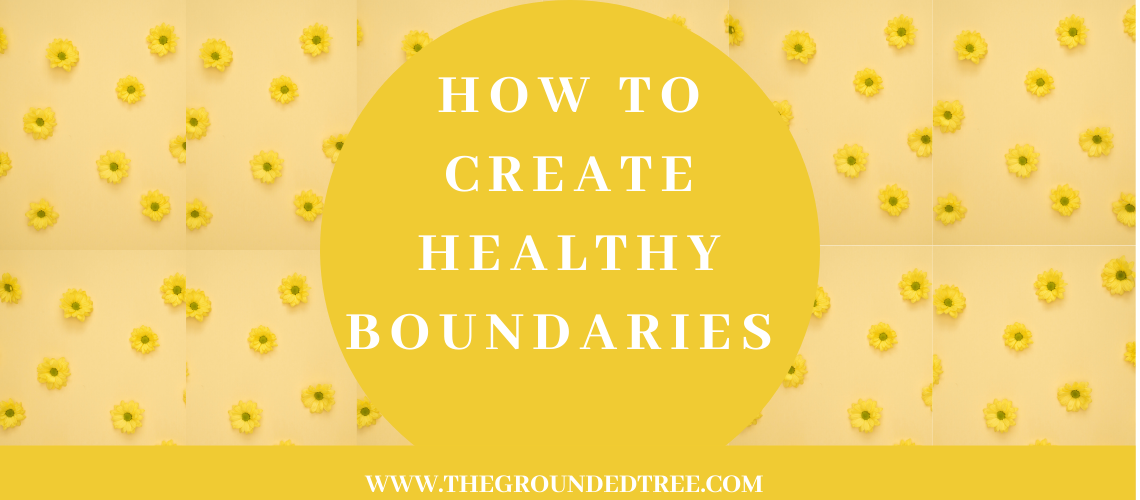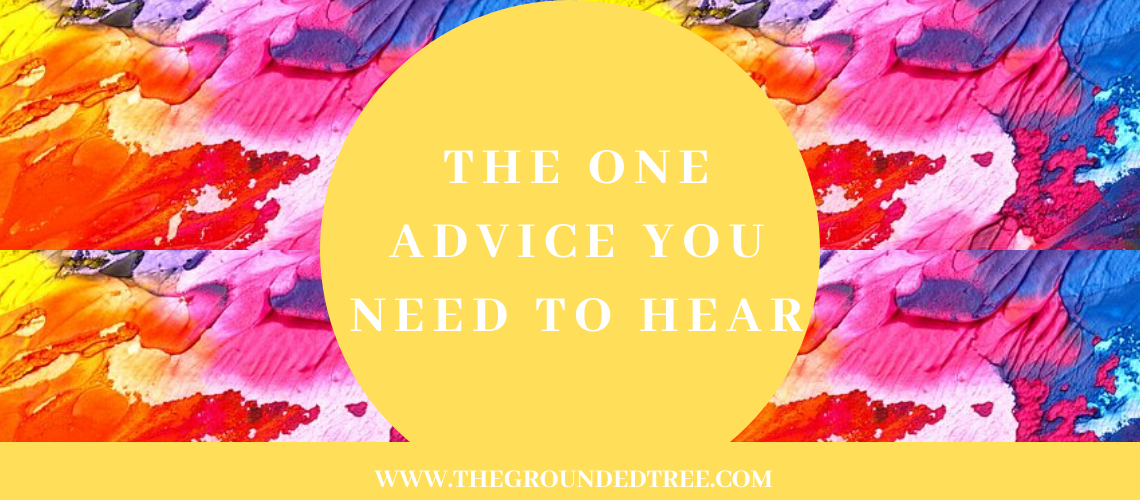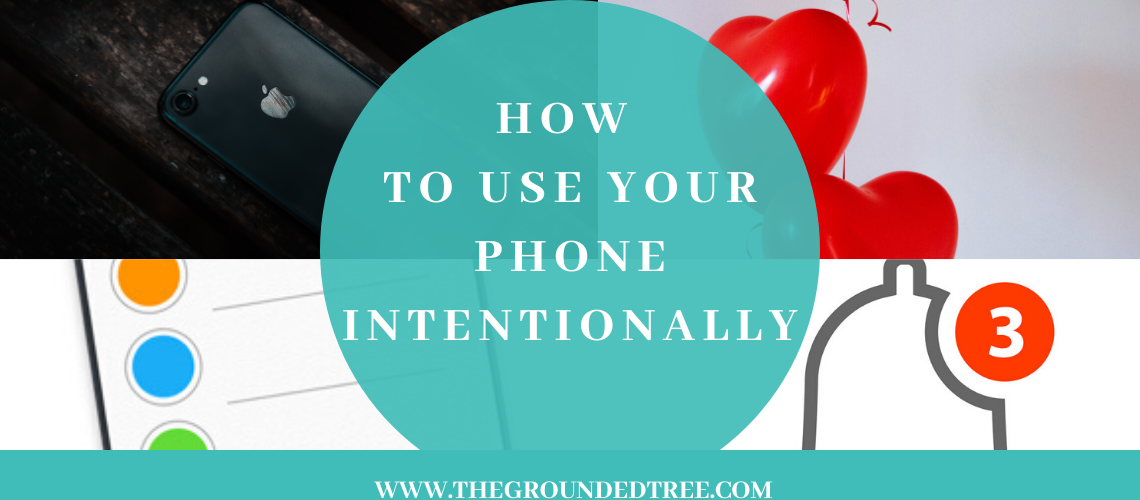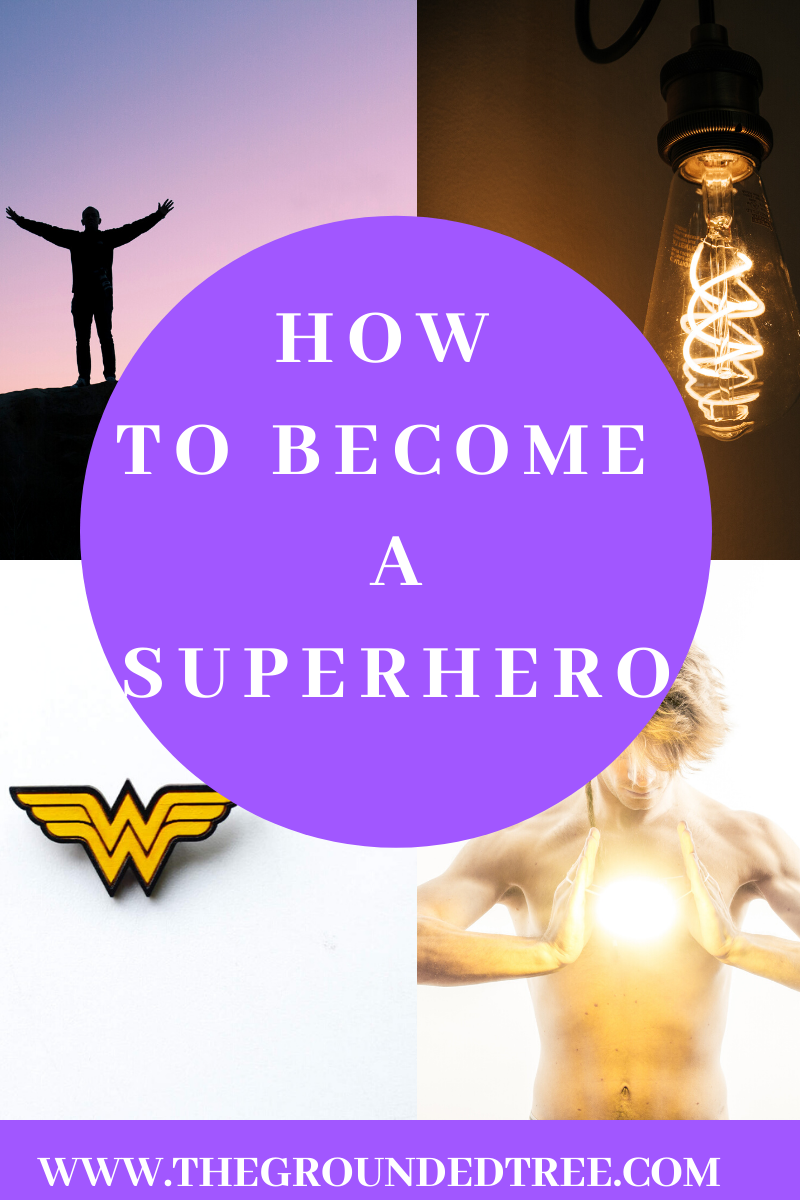4 signs you’re self sabotaging and their solutions.
We all dream about being successful and for many of us this is something we are working on but, there is this one thing that keeps stopping us and that is ourselves. Self-sabotage is the act of stopping one’s self from achieving our goals and dreams. Here are some ways that self-sabotage is contributing to your life.
1.Comparison- You compare yourself to others and their achievements and question your ability to being ‘not good enough’.
2. Procrastination- When a deadline is near you tend to procrastinate; you distract yourself from what you need to do by doing unnecessary activities that don’t contribute to what you need to focus on. And when you try to go back into the routine you find it hard to keep up motivation.
3. Negative self-talk- This coincides with procrastination, when you’re putting something off, it can start to be governed by your fear and your ego ( that annoying voice that tells you we can’t do anything), when you hear your ego talking, you can feel disheartened and feed into the negative self-thought that ‘you’re not good enough’ or you’re not like that person who’s thriving.
4. You’re focusing on the problem and not the solution- When a problem occurs, all 3 previous signs play a massive role in your self-sabotage. You start to immerse yourself in what is wrong and let the emotions take over. It can lead to not thinking logically about the solution that can help you get out of this problem and this feeling.
Can you identify with one of these signs?……
Now that you’ve identified with one or more signs what ways can you combat this? Let’s see how we can create a solution.
Solutions to these signs can look like:
1. Focus- Focusing on your journey and the achievements you have made during your lifetime. Celebrating how far you have come can help boost your self-confidence to achieve more.
2. Weed out what is not necessary- Nowadays it’s quite easy to get yourself distract through your phone, tv, conversations, and many other things. To counteract procrastination. Why not remove any unnecessary devices out of your space or if you’re getting distracted by someone you can politely request that you would like 30 minutes to yourself without being distracted.
3. Change your tune-It’s easy to listen and get consumed by your negative thoughts when it’s running at 100 mph and your ego starts to project their fears on to you and, it’s also scary the thought of failure as no one likes to feel that way, but, by changing the way you speak to yourself and/or of situations can present a different outcome. Wouldn’t you rather say ‘I’m glad I took the risk and did that’, instead of ‘I wish I did that’.
4. Solution >Problem-A great way to overcome a problem is to remove yourself and look at it from a Birdseye view. Remove the ‘I’ statement and see what can be done to change this problem into a solution.
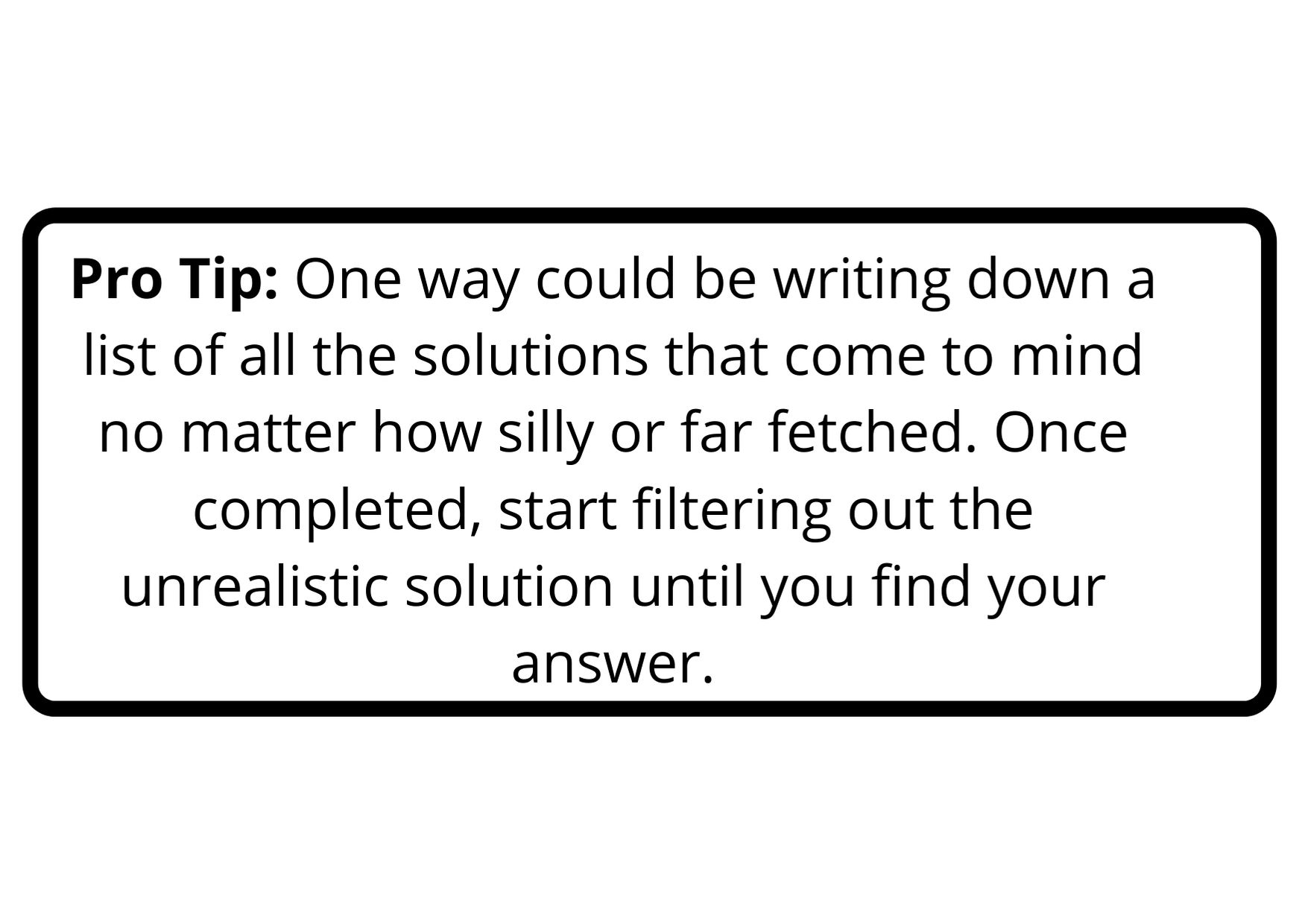
”Self-sabotage kills more dreams than failure ever will”– The Grounded Tree





